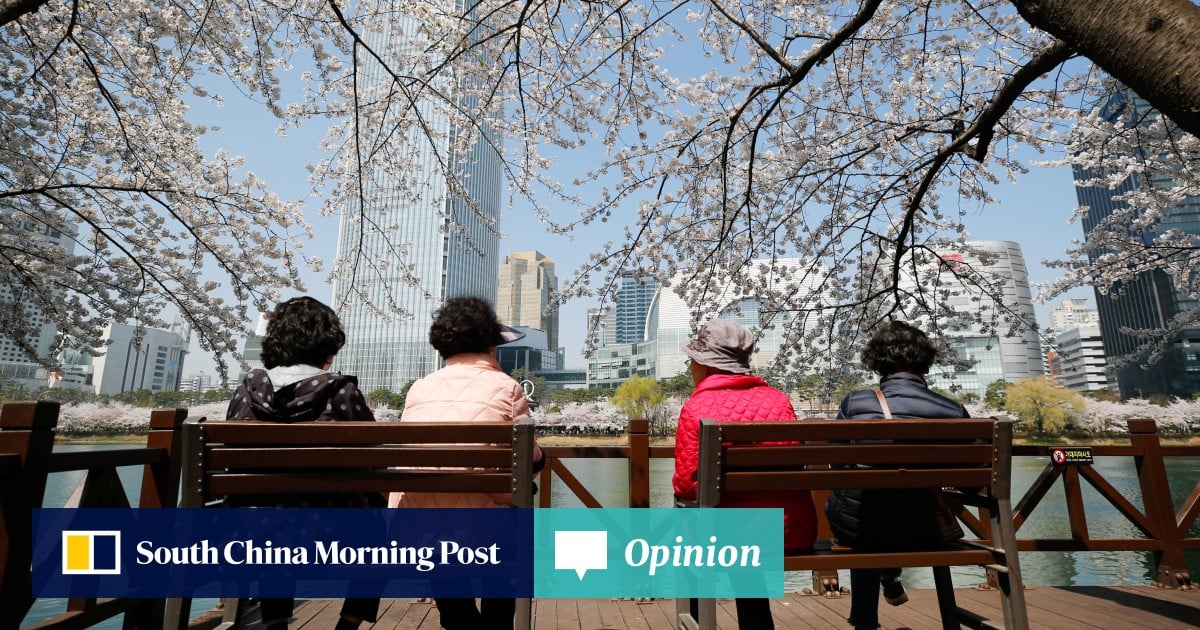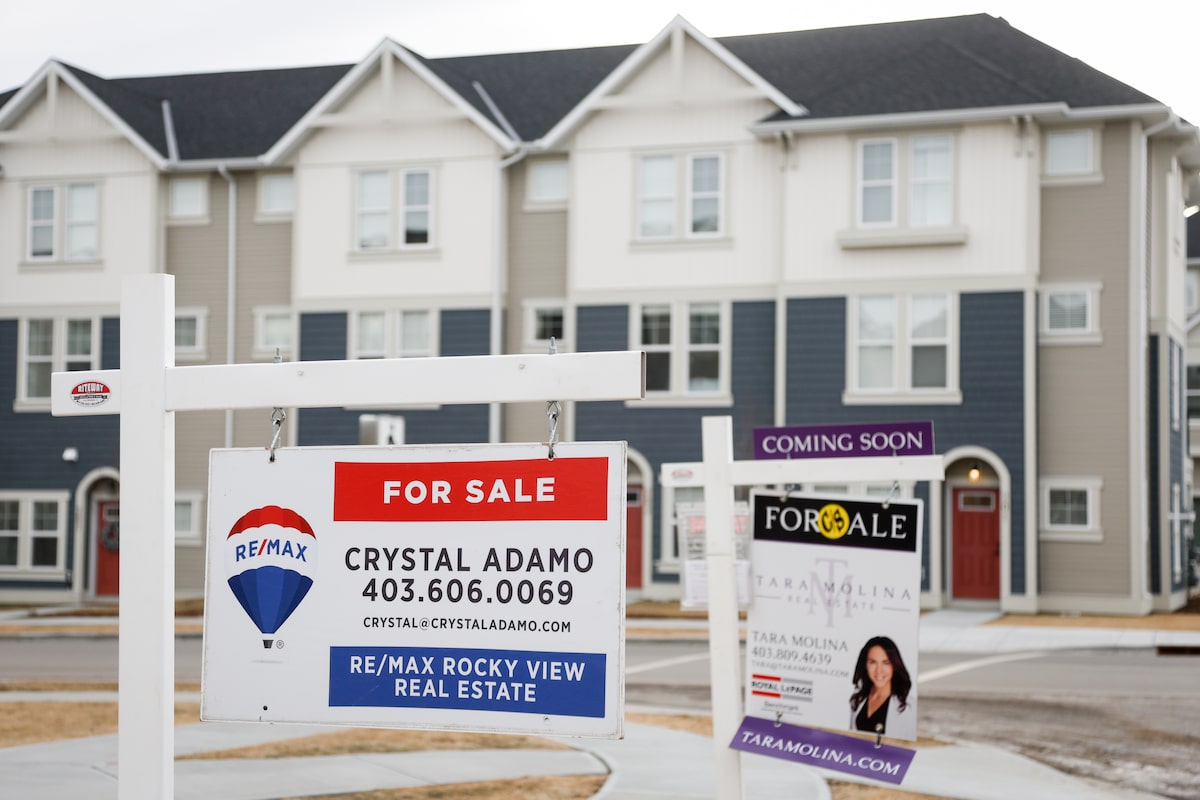S
outh Korea's presidential election has brought a new era of governance to the country. Lee Jae-myung, the left-leaning candidate, won a decisive victory, ending months of turmoil sparked by his conservative predecessor's attempt to impose martial law. Investors are optimistic about Lee's pledge to implement reforms, leading to a sharp rally in stocks as traders bet on reduced valuations and a decrease in the "Korea discount".
However, policymakers face a challenge in balancing economic growth with housing market stability. Bank of Korea governor Rhee Chang-yong noted that stimulating growth without overheating property markets is crucial. Unfortunately, South Korea's flat prices have risen at an annualized 7% since March, and household lending increased at its fastest pace in May.
Looser financial conditions, including a one-percentage-point interest rate cut by the BOK since October, are driving up household debt and fueling the housing market rally. Lee's intention to boost supply rather than curb demand may be contributing to accelerating home values, despite restrictions on property purchases in wealthy districts.














